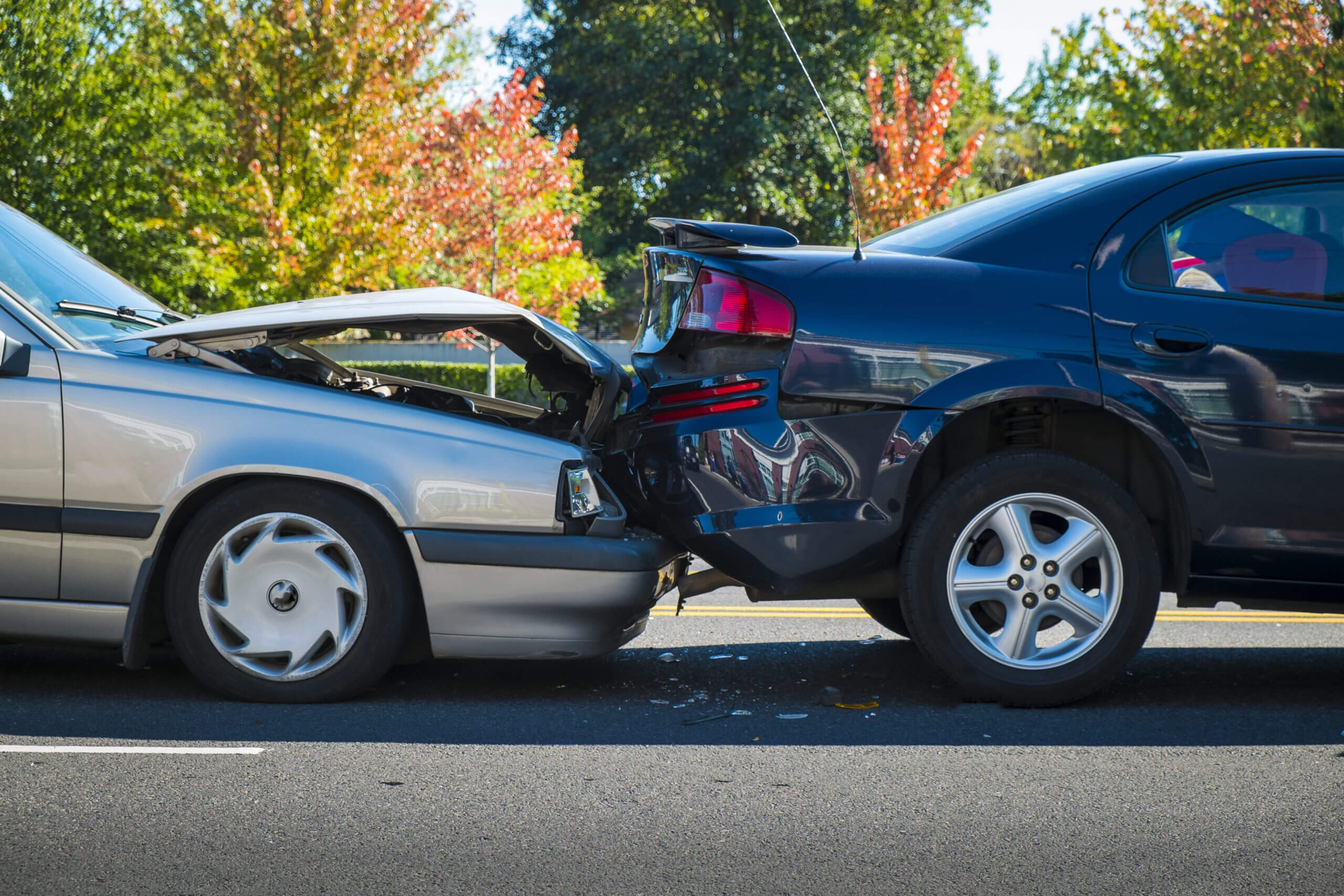Questions an Insurance Company Will Ask You After a Car Accident

The time after a car accident is chaotic. While the thought of dealing with insurance companies, adjusters, and their representatives may seem like an incredible hassle, especially if you were not at fault, this is an important step towards securing what you need to recover: financially and physically. Your initial […]




